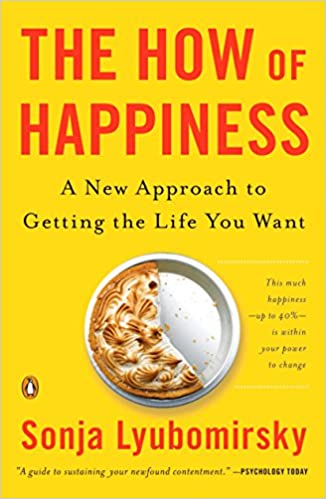*******************************************************************************
“Are you certain?” is a trap question. (1) If you say “Yes” and you are wrong about what you say to any degree or in any way, including any detail, you run the danger of being impeached.(2) If you say “Yes” and you are right and non-impeachable, you may be accused of being arrogant and not really in tune with the natural world. (3) If you say “No” you will be impeached for a lack of certainty. You will be portrayed as someone who is not to be believed–or not much in any case. You will be made to look like a truth-mumbler or a coward when it comes to evidence. Such people are not convincing, it will be said.
Part 1. I have been asked that question repeatedly in depositions as an expert witness. I have an approach that works for expert witness and fact witnesses as well. Here are some variations on the same idea.
W. S/he asserts proposition p. [I take the notation over from “Baby Logic” taught in all Universities that are above the C- grade.]
L. Are you certain?
W. About what?
L. What you just said, p?
W. What do you mean by “certain”?
L. Do you really not understand the term “certain”? [W should stick to his “guns.”]
W. Actually, when it is used by itself, I do not.
L. What do you mean by “certain”? [W can make his/her move here.]
W. There are three senses of the term “certain.” Thus, I can’t answer yous question.
L. Tell me about them.
W. The correct and full answer is lengthy. Are you sure you want to hear the whole thing?
L. I asked the question. Now it is your duty to answer it.
W. The word “certain” is ambiguous. Here are its two distinct senses. (1) The most important one refers to propositions. A proposition is certain only if it cannot be false. Typical sentences look like this: (i) “It is certain that this even took place.” (ii) “It is certain that I am a male.” (iii) “It is certain that the Empire State building will not tip over.” All or virtually all propositions–or out-and-out all of those–about the empirical or material world are like that. (2) The word “certain” can have a mental meaning. Here it would mean being absolutely convinced that a proposition is true. Of course if a proposition is not itself certain, it is probably not rational to be certain that it is true. One would be certain about what is not certain. Here is an example: “I saw auto A crash into auto B, I think, and I am reasonably sure that’s what I saw, but I am not 100% certain. Nobody can be than sure about anything.” [Notice that the psychological sense of being certain or of mental certainty is very close to the the term “sure,” and its semantic relatives.]
L. Thank you, but now that the disquisition is over, are you certain?
W. About what?
L. About the first question I asked you?
W. Which was? [L may make a mistake here, but never mind. Do not do the whole discussion.]
L. Are you certain about what you said. In other words, “Are you certain that p is true? [Now comes the coup de gra or the disaster.]
W. Since it is not a certain truth–a proposition that cannot be false–of course I am not certain about it. No rational person can be. If one is certain about that which may be false, then one does not understand the empirical world.
Two points here. First, do not make the dialogue as long and abstract as I just did. Take the essentials and abbreviate. Second, practice doing it. Third, don’t start any sentence with “I am not certain. . . .” That will give L a way to object by saying, “Object to the answer to the extent it goes beyond the question.” You want to avoid that. Hence, always start with the explanation about why you are not certain. “Since X, Y, Z are true, neither I nor anyone else can be certain.”
Part 2. I have repeatedly been asked in this context the following: :
L: Do you have the same degree of certainty to be at the same level as what is required of a jury?
My answer is always something like this:
Q=W. My view is well above the level of more probable than not.
L: You didn’t answer my question, please do so.
W=Q. I think I just did that. Jury verdicts must be supported by the preponderance of the evidence. Obviously, I cannot provide a jury decision or say what the jury ought to decide. My view of the probability of my opinion, unquestionably supports a jury verdict, if I have asked the right question.
Part 2. Now, here is a question that is more interesting. Of that I am (most, quite, very) confident.
L. With regard to X, what is your view (or, What do you think happened? What happened? What did you see, & so forth?)
W. p [Meaning, p is what is true.]
L. [Are you confident that what you just said is true?] What is neat about the word “confident” is that it does not carry the paradox built into “certain,” and it does not have the fixed character that may go with “I am sure,” which has an absoluteness built into it. In contract, the term “confident” carries with it a certain range of possibilities, and it seems more closely connected to the mind of the speaker; it has a certain connected-ness to the pragmatic nature of the world together with the pervasive presence of some–at least a little–subjectivity. And it does all this without particularly making the idea torpedo-able just because of the use of a short word.
Never use the phrase “absolutely confident.” Of that proposition, I am rather confident, in at least most salutations.




Recent Comments